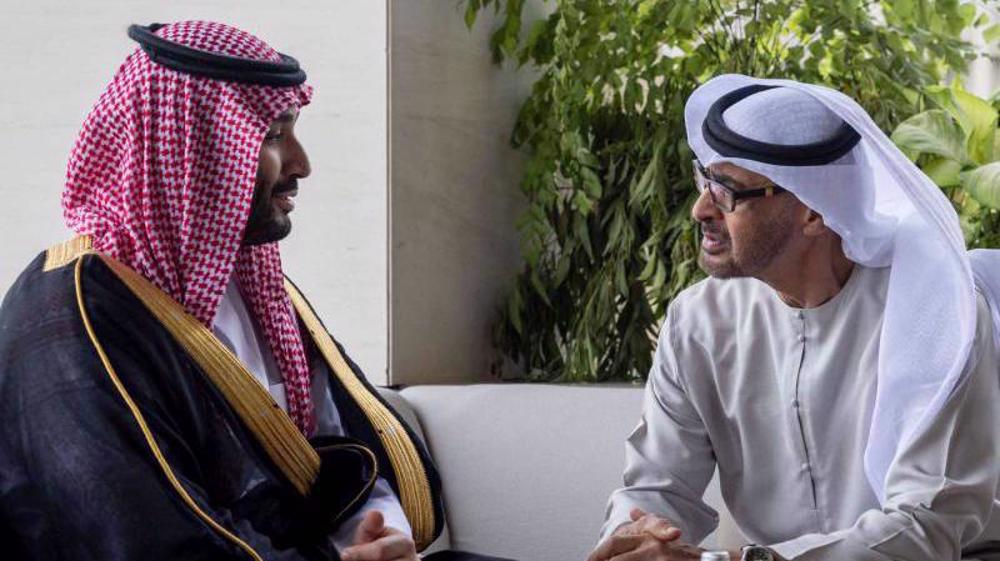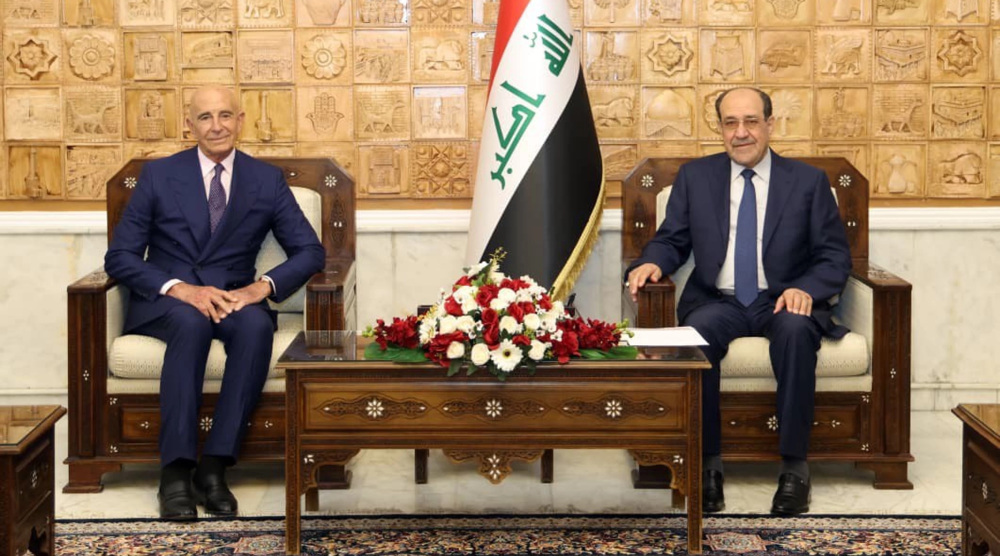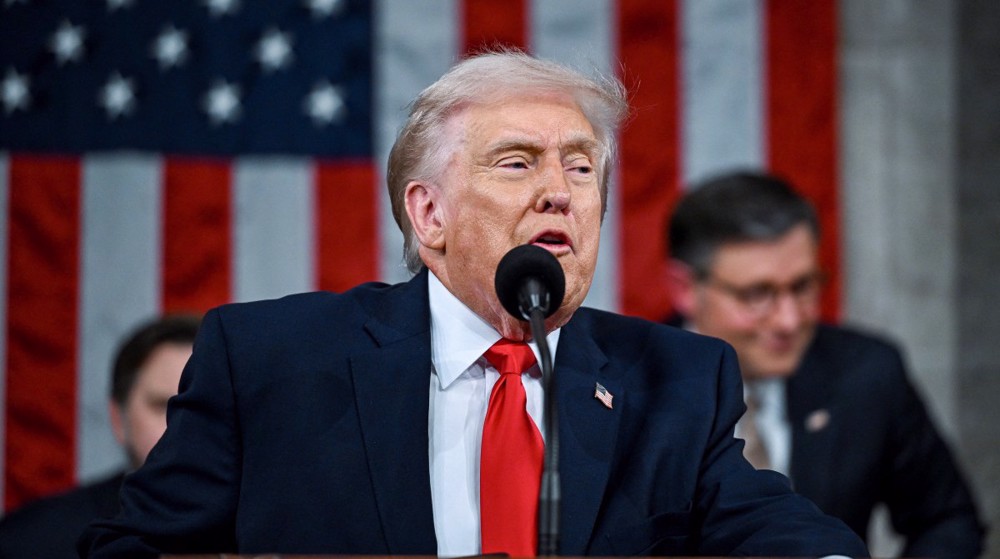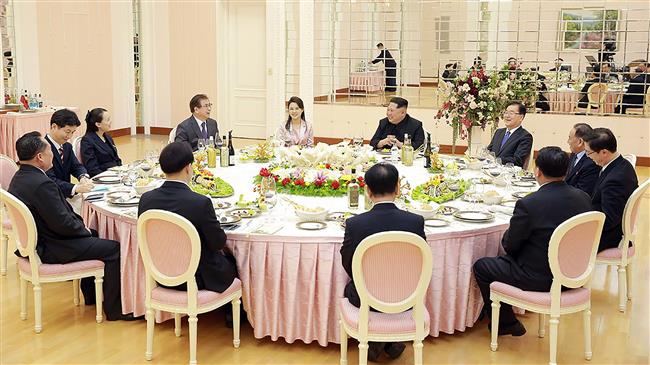South Korea officials travel to US to brief Americans on North
Two high-ranking South Korean officials have traveled to the United States to brief American National Security Adviser Lt. Gen. H.R. McMaster on their recent landmark visit to North Korea and Pyongyang’s conditional offer to negotiate over its weapons programs.
Head of National Security Office Chung Eui-yong and National Intelligence Service chief Suh Hoon, who paid a two-day historic visit to the North earlier this week, left Incheon International Airport, west of the capital, Seoul, for Washington on Thursday.
A South Korean government official, speaking on condition of anonymity, said that the pair would also speak with other US department heads and later possibly meet either American President Donald Trump or Vice President Mike Pence.
The source added that Chung had already spoken to McMaster on the phone shortly after completing his visit to Pyongyang.
On Tuesday, Chung said that North Korean leader Kim Jong-un had expressed willingness to abandon nuclear weapons “if military threats toward the North are cleared and the security of its regime is guaranteed.”
The South Korean officials are expected to discuss that offer with the US officials.
Speaking about the prospect of North Korean engagement, US Defense Secretary Jim Mattis said on Wednesday that Washington was “cautiously optimistic that there is some forward progress here.” He added that the White House watches “actions and see if they match words.”
The development came after Pyongyang, in a rare move, participated in the 2018 Winter Olympics held in South Korea, providing an opportunity for the two neighbors to resolve long-running hostilities.
Seoul says the high-profile visit by Chung and Suh to the North was meant to reciprocate the Olympic trip by Kim’s sister, Kim Yo-jong, who became the first member of the North’s ruling family to visit the South since the end of the 1950-53 Korean War.
North and South Korea have been separated by a heavily-militarized border since the three-year Korean War came to an end in 1953. The conflict ended with an armistice rather than a formal peace treaty and left many families separated at the two sides.
Washington has long included itself in the Korean dispute. It has heavy military presence in the region and uses North Korea’s ballistic and nuclear programs as a pretext to constantly threaten Pyongyang with military action.
That military posture has concerned the North, which says it needs to advance its weapons program to protect itself against potential US military action.
The US has also imposed sanctions on Pyongyang, including most recently what it called “the toughest ever.”
The two Koreas have reportedly agreed to hold a summit between top leaders Kim and President Moon Jae-in in the Demilitarized Zone in late April.
Iran’s attacks on US bases ‘legitimate’ response to source of aggression: Araghchi
IRGC targets US intelligence centers, military depots in 11th wave of attacks
US-Israeli attacks damage 5 hospitals, medical centers in Iran: MP
Unlike US, Iran prepared for a long war: Security chief
Missile sirens will never stop in Israeli-occupied territories, Iran warns
Leader’s martyrdom will drive Iran to greater dignity and victory: Senior cleric
Iran calls on IAEA to condemn fresh US-Israeli attacks on nuclear site
Murder of innocence: Israeli-US aggression on southern Iran school killed 165 children













 This makes it easy to access the Press TV website
This makes it easy to access the Press TV website